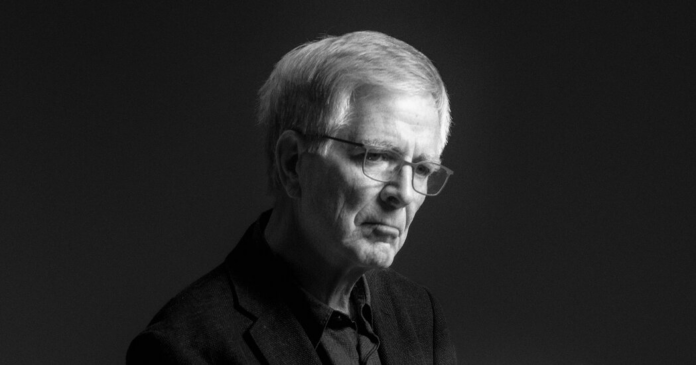In 1994, just after I graduated from college, I put on a backpack and set off to see the world. I climbed the Andes in Ecuador, taught English in Cambodia and spent months visiting monasteries in Tibet. It was the most transformative period of my life.
It also feels like a period from another era, and not just because of the amount of time that has passed. Now when it’s time to get away, I choose a destination that doesn’t ask too much of me and to which I don’t give much back. Instead of traveling to discover, I travel to retreat.
Rick Steves also experienced transformational travel when he was in 20s, but he never retreated from it, and he has been helping people to get the most out of their trips ever since. The prolific guidebook writer and beloved PBS personality (in a 2019 profile of Steves in this magazine, my colleague Sam Anderson lovingly called him “one of the legendary PBS superdorks”) sincerely believes that travel can make the world a better place, and make us better people. He’s 69 now, but his upcoming book, “On the Hippie Trail” — a collection of journal entries that he resurfaced while stuck at home during the pandemic — chronicles a journey he took from Istanbul to Kathmandu in 1978. It’s an inspiring read, full of the joy of adventure and discovery, and talking with him about it, and about his life and cancer diagnosis, helped me figure out what I had been missing in my own more recent travels and outlook.
I was reading your book, which is the diaries of a trip that you took in 1978 when you were 23 on what was called “the hippie trail.” When you reread those, what did they evoke in you, with the hindsight of age now? First of all, what kind of 23-year-old would write a 60,000-word journal while on a hippie bus going from Istanbul to Kathmandu? I was not a travel writer. I was a piano teacher. I was writing that for me, and when I read it, it was really insightful, if I might sound immodest. One thing I love as a writer is, you can’t go back to the United States and write it up. You’ve got to write it up right there, in the humid, buggy reality with all the cacophony of culture all around you. That’s where you take your notes and it’s most vivid. And I was doing that on that hippie trail, sitting there, watching the needle bend as it went into my travel partner’s arm at the border so he could get his shot because he didn’t have it on his yellow International Certificate of Vaccination. That’s a vivid moment, to think that you’re stopped on the border between Iran and Afghanistan and glad you don’t have the needle going into your arm.


